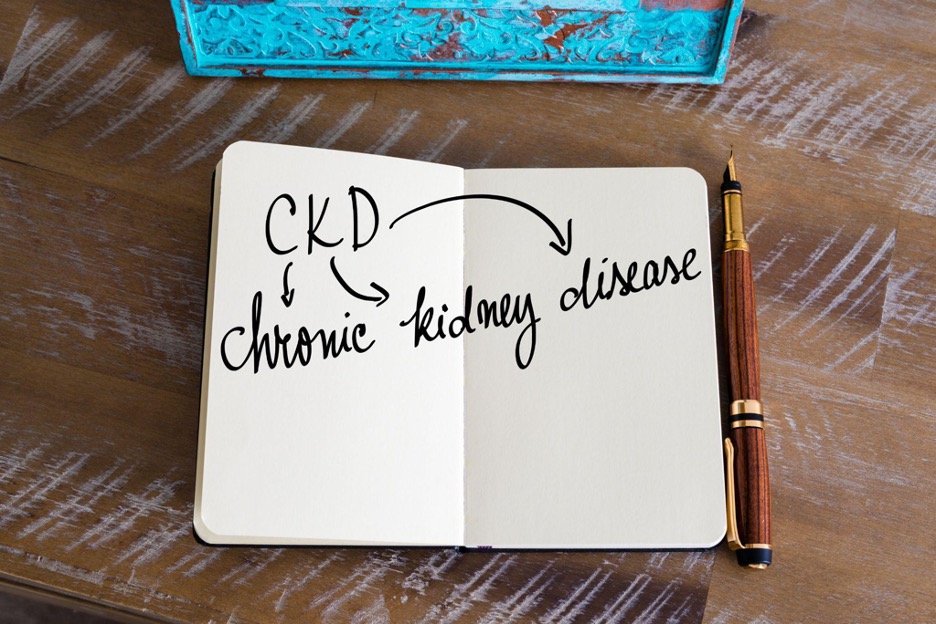Your kidneys are important organs that filter liquids and waste from your blood and are required for survival. Diseases that reduce your kidney's ability to purify your blood can damage only your kidneys or can hurt other sections of your body as well. These illnesses can lead to chronic renal disease or kidney failure.
You have two kidneys from birth. They're slightly above your waist on either side of your spine.
When your kidneys fail, waste products and fluid can accumulate in your body. This can result in ankle edema, nausea, weakness, poor sleep, and shortness of breath. Without therapy, the damage will worsen and your kidneys will finally fail. That is serious and may be fatal.
Healthy Kidneys
- Maintain a healthy equilibrium of water and minerals in your blood (such as sodium, potassium, and phosphorus).
- Remove waste from your blood after meals, muscle exercise, and chemical or pharmaceutical exposure.
- Produce renin, which your body utilizes to help regulate blood pressure.
- Make erythropoietin, a substance that causes your body to produce red blood cells.
- Create an active form of vitamin D, which is required for bone health and other purposes.
Kidney Disease Causes
Causes of acute renal disease: Abrupt kidney damage or acute renal failure happens when your kidneys stop working suddenly. The following are the key causes:
- Inadequate blood flow to the kidneys
- Kidney injury that is direct
- The kidneys were clogged with urine.
To learn more about kidney diseases and how they affect your body have a look at our detailed page.


